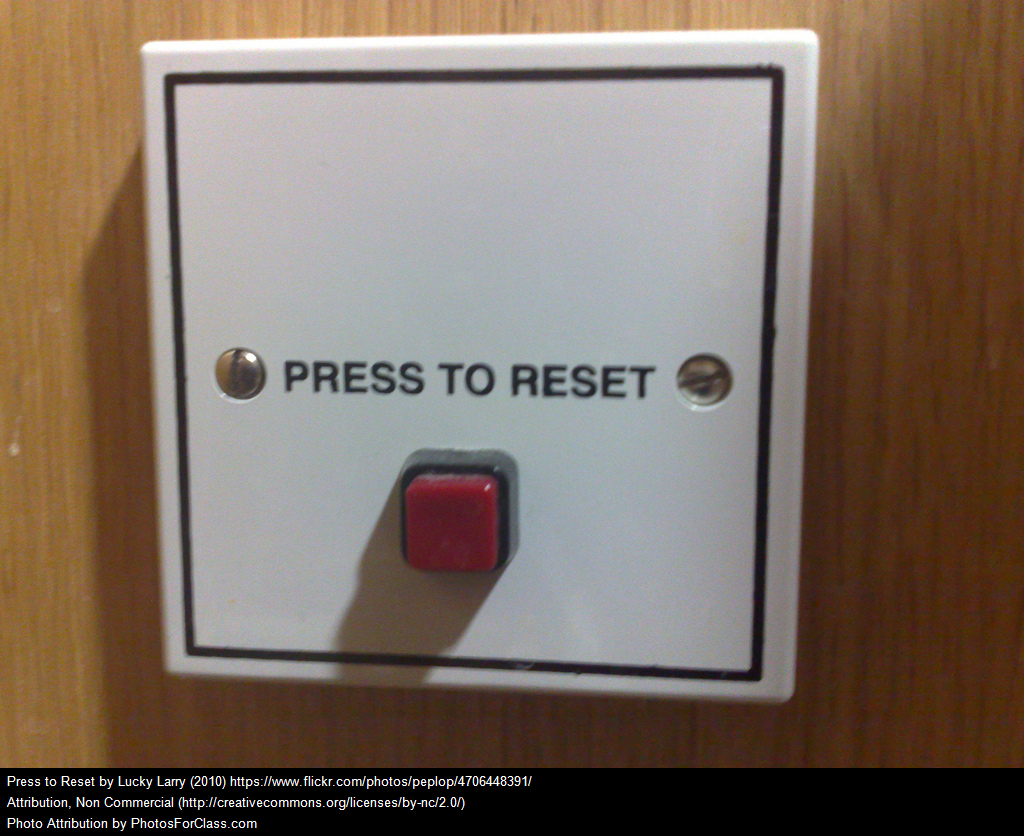
Behavior in one of my large classes recently took a major turn for the worse.
And I was not happy about it.
It was taking me a long time to get the class quiet when I spoke. During a class discussion, every time someone said something or asked a questions, lots of other students took it as an opportunity to talk to someone else instead of focusing on the conversation. Cellphones were popping up all the time, and it wasn’t for class work.
I “got” that we had just finished a major high-stakes eight-week project, and that some of the behavior was related to feeling relieved that they had completed it successfully, but that wasn’t a good excuse for the behavior I was seeing.
A less-tired teacher – a more clear-eyed educator – would have initiated a structured conversation about how student behavior was making them feel and perhaps ask students to write and share about what they felt was the cause of what was going on.
I was not that “less-tired teacher” or “more clear-eyed educator.”
I was a tired teacher who was frustrated with a group of students who I felt were taking advantage of my flexibility and not fully appreciating how often I had bent-over-backwards to be supportive of them.
So, for two days, I punished.
The students who I considered the worst perpetrators were moved to the front row. Others were given double work. I threatened further consequences. Behavior improved marginally, while the classroom atmosphere – previously almost always positive – worsened.
Then, on the third day, I thought to myself, “What the hell am I doing?”
I began that class by saying that, while I had not been pleased with recent classroom behavior, nor had I been pleased with my harsh reaction to it. I apologized for my lashing out. I then said certain behaviors were important to me and, I believed, important to create a good learning environment.
One, I said, was students not talking when I spoke or another student was speaking. Secondly, cellphones should only be used for class work. Thirdly, uh….I had my Rick Perry moment and couldn’t remember my third point.
Then, after we all laughed, students spontaneously chimed in:
“Not eating after the bell rings.”
“Doing what we’re supposed to do.”
And more.
They all sounded good to me.
I reversed all previous punishments (with class agreement that it would be reasonable to have consequences for future transgressions), and things have gone remarkably smoothly since.
As regular readers know, I’m a big advocate of positive classroom management strategies, and ninety-nine percent of the time I implement them, too.
But, I am also human.
I’m just glad I realized my mistake after only two days.



Oh I so relate to this. I agree. Only positive discipline really works. When I am frustrated I can find myself slipping into negativity. Things only go down from there. When I can find my positive voice, everyone in my class is a lot happier. I’m happy to not feel alone!
I had a similar experience yesterday. I am going to try your “method” and see if it helps. Thanks.
Great article!
Class management is always a struggle for me. I feel the key is to implement these positive classroom management strategies even when frustrations grow. As a new teacher I will try to remember stories like this to help me develop good habits.
Thank you, Mr. Ferlazzo!
-Chris
Exactly the constructs of the Nurtured Heart Approach – clarity, focus on good choices and step away from our negative responses… we are all so human as teachers… and so are they. Great story and reminder.